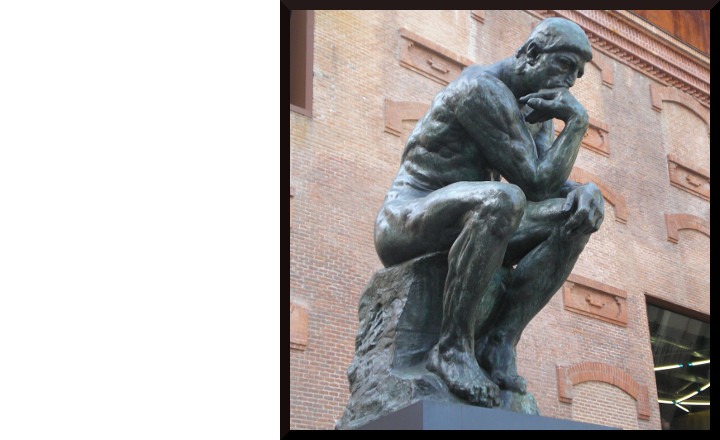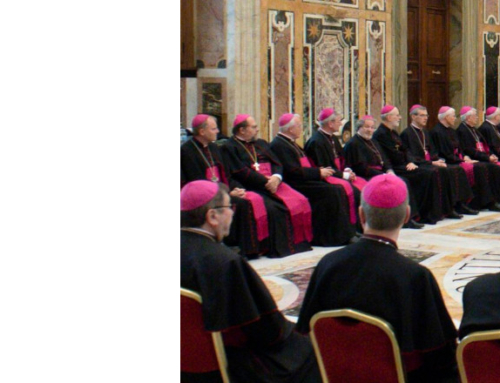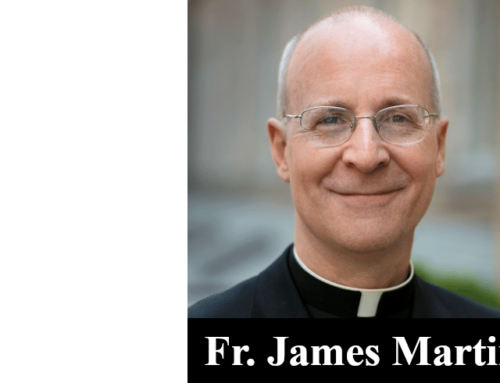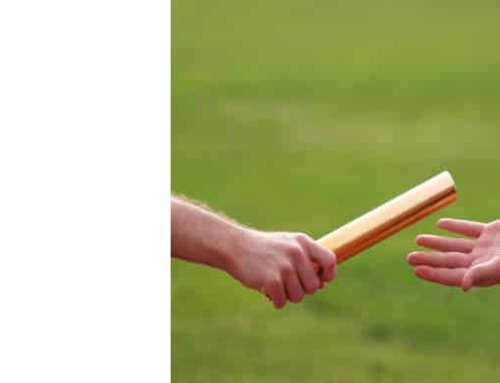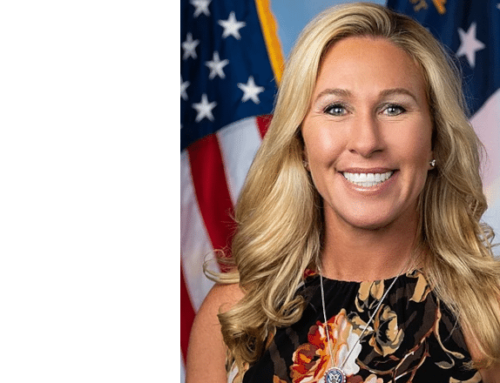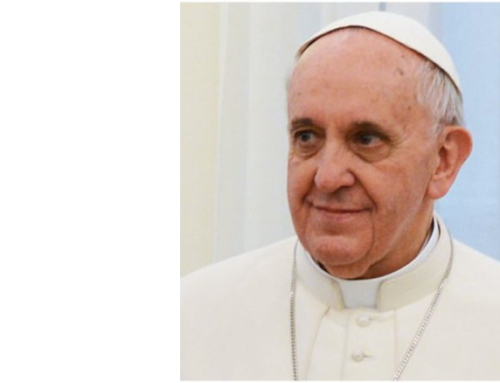Catholic League president Bill Donohue comments on remarks made by an MSNBC writer:
It is possible to make bigoted remarks without being a bigot: no one seriously thinks Mel Brooks is a bigot because he dabbles in stereotypes—he treats all demographic groups the same and he never hits below the belt. We’ve all heard ethnic jokes, and most who tell them are well-meaning people who cannot realistically be called bigots. Then there are those who mean what they say. However, even there degrees of culpability are evident.
I never heard of Zeeshan Aleem until now. Is he an anti-Catholic bigot? No doubt about it. Is he someone Catholics need to worry about? Not at all. He is a lost soul, an addlepated bigot if there ever was one.
Aleem is a left-wing atheist who writes for MSNBC. He wrote a piece this week for his employer complaining about the specter of a “Christian theocracy” that is “not far-off.” As evidence, he notes that we have “a radically reactionary Supreme Court that is two-thirds Catholic,” and it is these Justices—the ones who overturned Roe v. Wade—who are holding women “hostage” to a “Christian conception of life.”
When Ruth Bader Ginsburg and Stephen Breyer were on the high court, they were later joined by Elena Kagan. Jews are approximately two percent of the population, yet at that time they made up one-third of the Supreme Court. Was that a problem? For bigots it was. Ditto for those like Aleem who think it is a problem when we have too many Catholics on the Supreme Court.
Do we have too many blacks playing basketball? Do we have too many whites playing hockey? If no one is being denied the opportunity to play—or to compete as a candidate for the Supreme Court—then those who get the job can hardly be called bigots. The bigots are those who complain about the composition of the teams or the high court.
In my 2009 book, Secular Sabotage, I detailed all the recent accusations emanating from left-wing circles about the nefarious “Christian theocracy” that was allegedly taking hold. Perhaps Aleem is too young to have noticed but it is not accurate to say that the specter of Christian theocracy is not “far-off”—according to those of his ilk, it’s been here for some time. So how bad could it be?
The Justices who overturned Roe v. Wade did not usher in a “Christian conception of life.” No, they made a jurisprudential decision that invalidated a ruling that was never grounded in the Constitution. Besides, Biology 101 agrees with Catholic teaching: the DNA that makes us unique individuals occurs at conception, when life begins, and not a moment after.
What makes Aleem an “addlepated bigot”? His biography.
He was raised a Muslim but became an atheist after his grandfather asked him why Islam was different from other religions. He could not answer. “I froze.” He said, “I could not know or prove which god was the right one—I quickly confessed that my religiosity was a mere accident of birth.” He also said that his grandfather “delighted in trashing me in chess and asking me vexing questions,” though he did not say if he became an atheist immediately after being trashed in chess. It could have been a week later.
Aleem likes Quakerism. Indeed he enjoys going to their meetings where everyone sits “in silence for around an hour, lost in thought about what a more fulfilling society would look like.” Much to ponder there.
He also likes Buddhism. “I found that when I was going through rough patches (there seems to have been many), there was nothing like the practice of mindful meditation, derived from Buddhist practices, that helped me find my footing and feel connected to the world.” Even more to ponder.
Aleem also likes Judaism. He notes that “I found myself chanting Hebrew and joining hands with septuagenarians after group meditation sessions in my local Jewish community center.” The opportunities to ponder appear to be limitless.
After he pondered with elderly Jews, he returned to Quakerism. “I started Googling ‘Quaker meeting houses near me.'” But why? “This was not a search for god—my atheism was not wavering—but a desire to commune toward the end of something greater.” The pondering never ends.
Too bad Aleem never took the time to ponder with Catholics. We do our pondering at events like “Theology on Tap” where Catholics like me speak to young people in bars. To be honest, we don’t ponder as much as we pound—the beers that is. And when it’s over we feel a whole lot better. Ponder that, Mr. Aleem.


